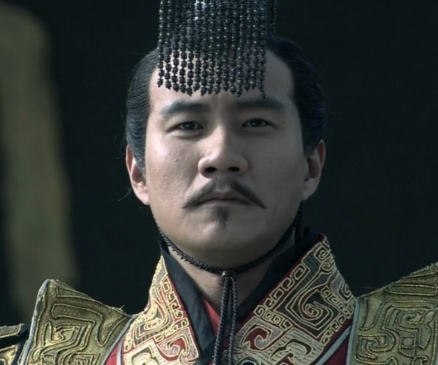In the many battles of the Three Kingdoms period, the Battle of Jieting was undoubtedly a turning point. This battle not only concerned the great plan of the Northern Expedition of the Shu-Han dynasty, but also affected the balance of power among the three kingdoms. The importance of Jieting is undoubted. It is a strategic position leading to Chang'an. Controlling Jieting is equivalent to controlling the gateway to Guanzhong. However, why Zhu Geliang did not personally guard Jieting has always been a topic of historical discussion.

First, we must understand the war background at that time. Zhu Geliang launched the famous Northern Expedition in the later period of the Shu-Han dynasty, aiming to restore the Han dynasty and oppose the rule of the Cao Wei dynasty. Among several Northern Expeditions, the Battle of Jieting was a crucial one. Zhu Geliang sent Ma Su to deploy troops in Jieting, while he himself remained in Chengdu to oversee the overall situation.
So, why didn't Zhu Geliang personally go to Jieting? There may be several reasons: 1. Strategic Consideration: As the prime minister and commander-in-chief of the Shu-Han dynasty, Zhu Geliang needed to oversee the overall situation and formulate the overall strategy. His battlefield was not only Jieting, but also other fronts that needed command and dispatch. If Zhu Geliang personally went to Jieting, it might have distracted him and affected the overall war layout.
2. Talent Allocation: Zhu Geliang had many counselors and generals under his command. He needed to allocate these talents reasonably to maximize their effectiveness. At that time, he might have considered Ma Su as a suitable candidate to defend Jieting, while he himself needed to support operations on other fronts from the rear.
3. Psychological Warfare: Zhu Geliang's not appearing personally on the front line may also have been a psychological tactic. His reputation and wisdom were well-known in the Three Kingdoms. If he personally appeared in Jieting, it might have caused excessive vigilance and attention from the Cao Wei side, thus affecting the actions of the Shu-Han dynasty on other fronts.
However, in the end, Jieting was still lost. Ma Su made strategic mistakes and was defeated by Zhang He of the Cao Wei dynasty. This defeat dealt a significant blow to the Northern Expedition plan of the Shu-Han dynasty and also reflected Zhu Geliang's mistakes in personnel placement.
The loss of the Battle of Jieting was not only a military defeat, but also a test of Zhu Geliang's strategy in using talents. It tells us that no matter how wise a decision-maker is, they also need to make correct personnel arrangements at critical moments. Although Zhu Geliang did not personally guard Jieting, his overall strategic layout and control of the situation still demonstrated his excellent talent as a military strategist.
Disclaimer: The above content is sourced from the internet and the copyright belongs to the original author. If there is any infringement of your original copyright, please inform us and we will delete the relevant content as soon as possible.
































